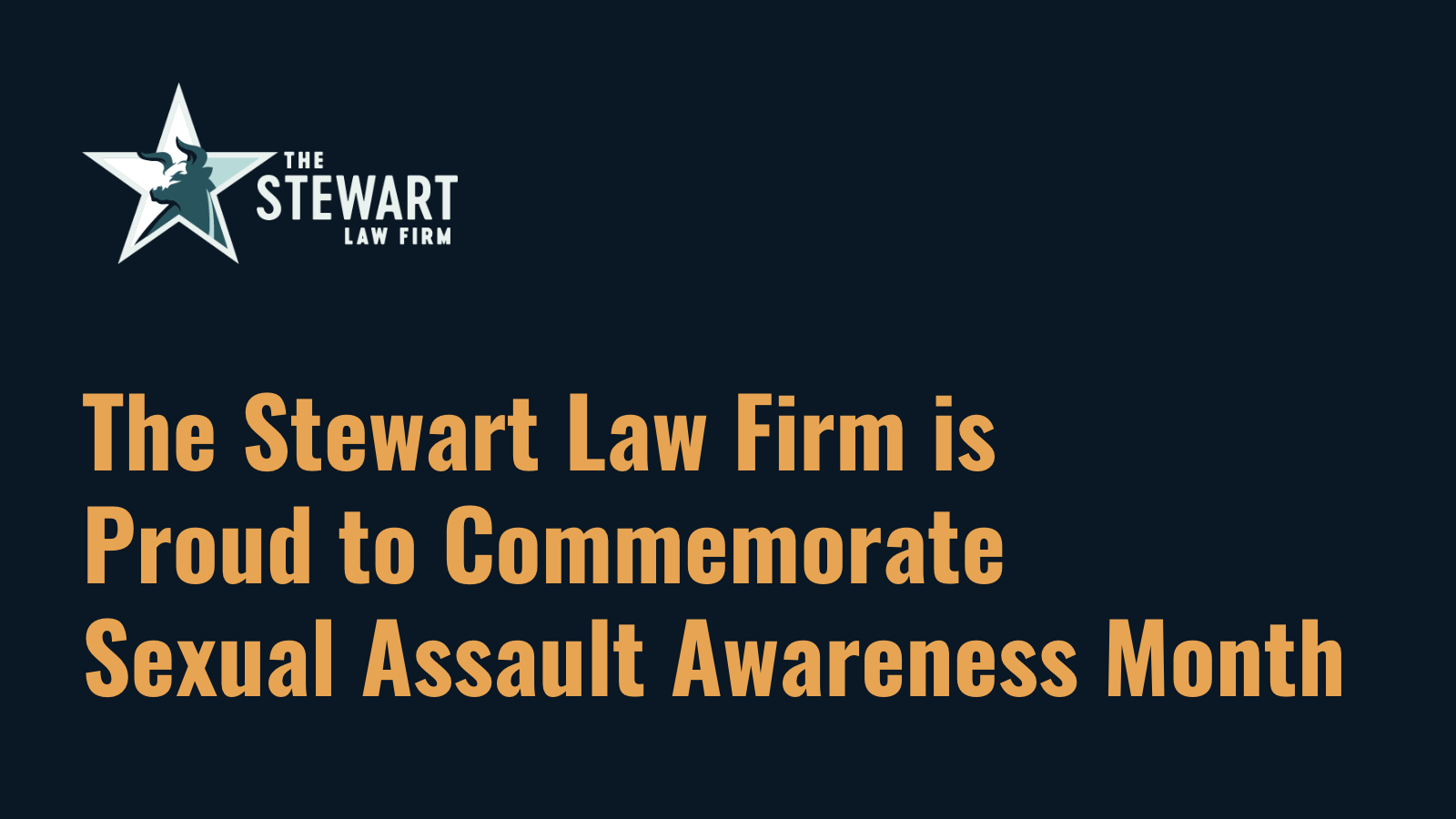Texting while driving is a dangerous activity on its own. When done behind the wheel of a heavy-duty vehicle like a bus or a truck, however, it can become deadly.
For this reason, lawmakers and transportation officials in Texas view distracted driving, including texting while driving, as a deadly problem that results in hundreds of fatal accidents each year.
But what exactly are the laws restricting distracted driving in Texas? Our team at the Stewart Law Firm helps clients all over Texas with car and truck accident claims, and we’re here to help you understand how these laws differ for commercial or public transport vehicles like trucks and buses.
Texting while driving laws in Texas
In 2017, Texas passed a state-wide law against texting while driving. This law explicitly banned the following actions while driving:
- reading, writing, or sending an electronic message
- using a handheld device at all if the driver is under 18 years old
- using a handheld device during the first six months of having a learner’s permit if the driver is over 18 years old
- using a handheld device while driving through a school zone
The government’s definition of texting includes typing or reading emails and text messages, and using any more than one button to operate an electronic device. There are some exceptions for devices that don’t distract the driver: hands-free phones, for example, must be placed close enough to drivers to allow the person to remain safely restrained. Otherwise, phones should function using a single-button touch or by voice.
However, these exceptions do not generally apply to the special circumstances listed in the law, such as under-18 drivers or driving through a school zone.
The penalty for violating this law on a first offense is $99 fine, with each subsequent offense costing an additional $200. In addition, if your distracted driving causes serious injury or death, you could be fined up to $4,000 or spend up to a year in jail.
In addition, many municipalities and local governments prohibit texting while driving. Austin was the first city in our state to pass a no-texting ordinance in 2009 and dozens of cities have followed suit.
Commercial and public transport vehicles
There are a few additional regulations that specifically apply to drivers of heavy-duty vehicles like buses or semi-trucks.
One of the most important regulations is the state law regarding bus drivers. If you are operating a bus and there are children present, you may not use a cell phone or handheld device in any capacity.
In addition, interstate truck and bus drivers are bound by cellphone and texting rules created by federal agencies and enforced by the Federal Motor Carrier Safety Administration. These drivers are restricted from texting under any circumstances while operating a commercial vehicle and may use mobile phones only when devices are hands-free.
Negligent truck drivers may pay fines up to $2,750 for violating these rules, and repeat offenders can lose their commercial driver’s license (CDL). Carrier fines run as high as $11,000 — violations also damage Safety Measurement System results.
Texting while driving statistics
If those hefty sums aren’t enough to dissuade you from texting while operating a truck or a bus, take a look at some of these statistics.
On average, texting requires truckers to ignore driving for about 4.6 seconds. A truck or bus at speeds of 55 miles per hour can cover the length of a football field in the time it takes to send just one text. A lot of damage can be done in that short amount of time.
In addition, the risks of trucks and buses being involved in crashes rise dramatically when a driver is engaged with electronic devices. The accident rate increases six times for commercial vehicle operators who use cell phones. Texting while driving a big rig elevates the risk more than 23 times.
Between 2011 and 2017, 10% of all fatal car accidents involved at least one distracted driver.
Hire a traffic attorney in Austin
Have you been injured in a traffic accident involving distracted driving? The Stewart Law Firm has the knowledge and experience to make sure you are fully compensated for your damages. Contact us today to get started on your case!





